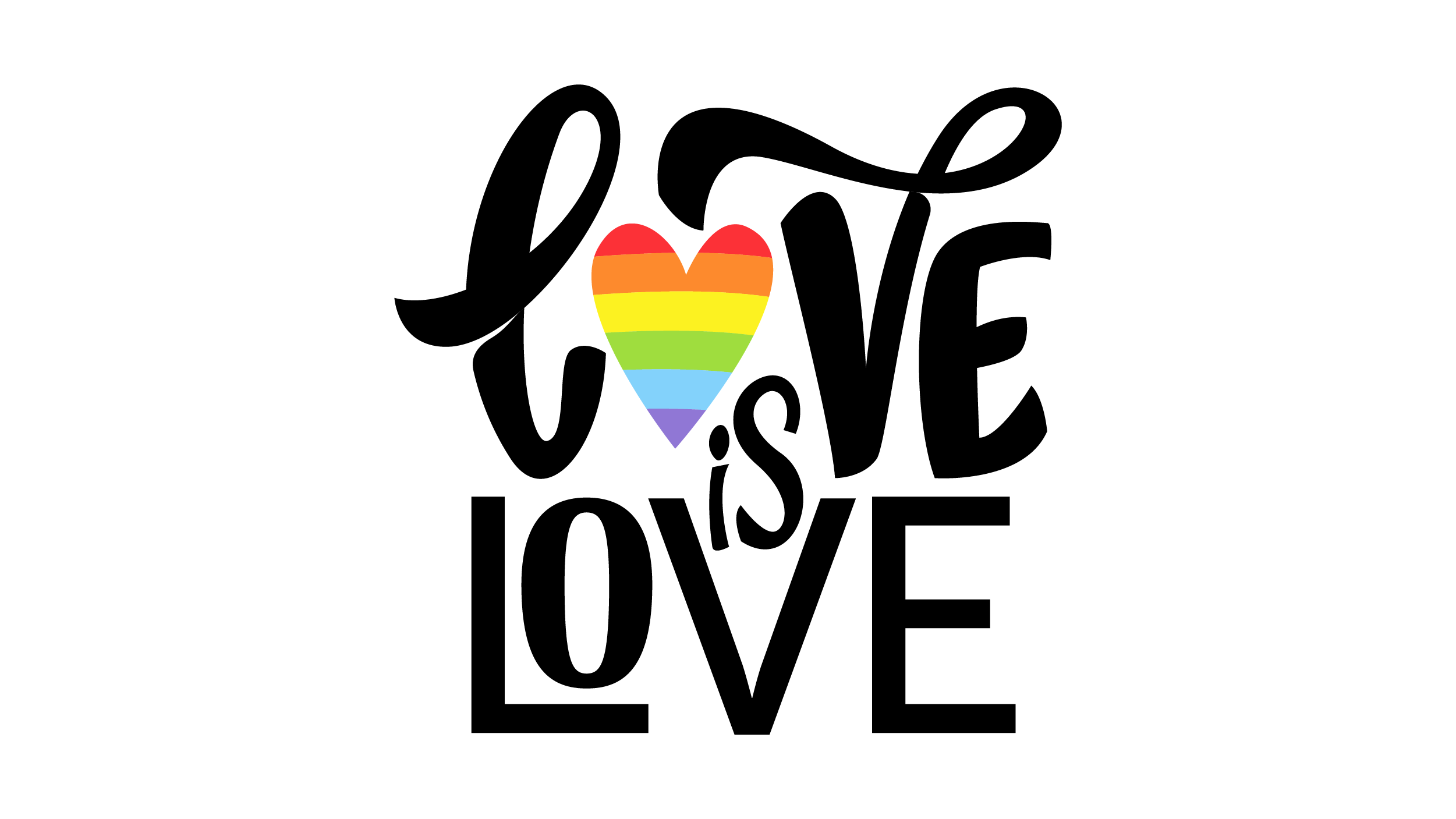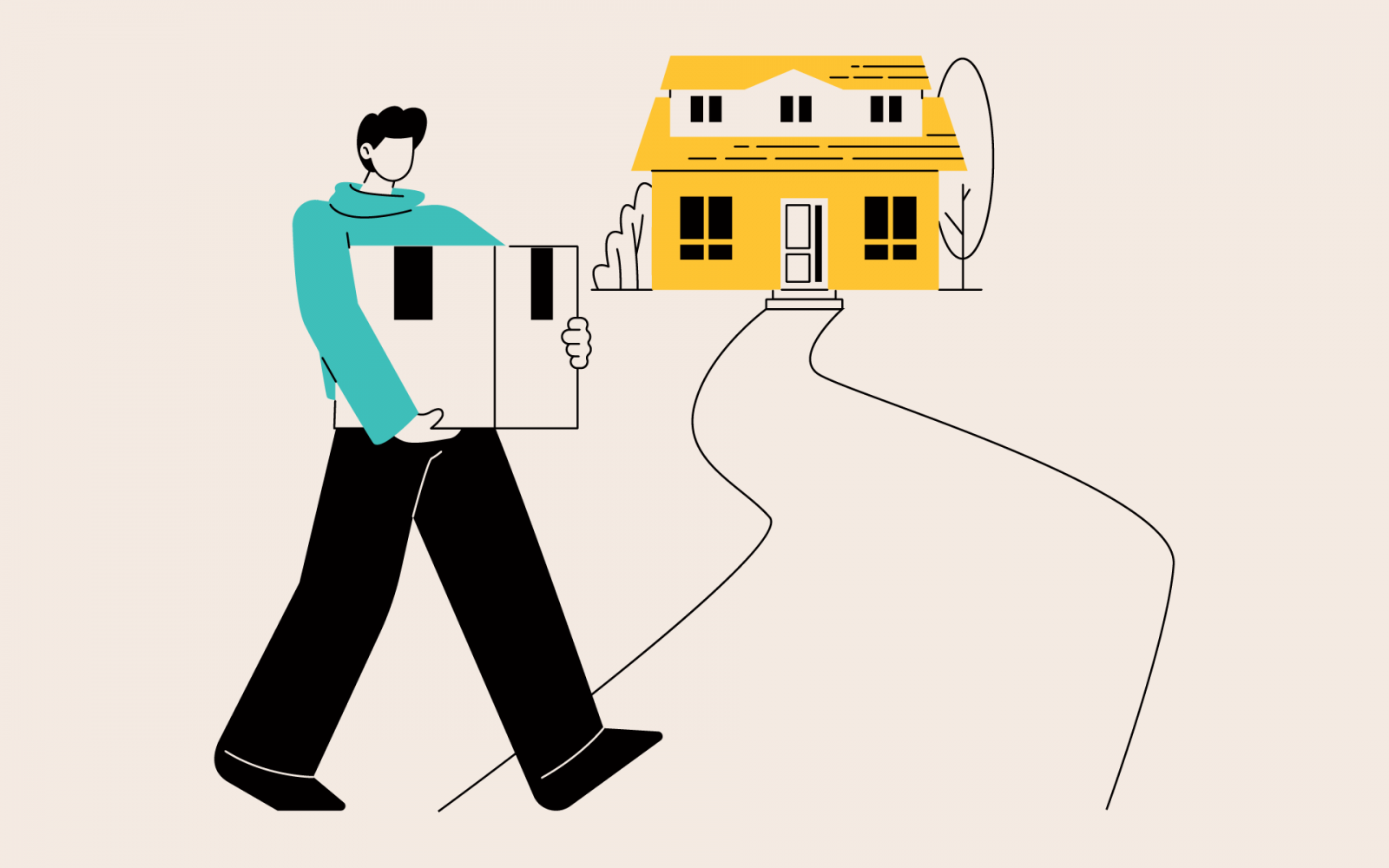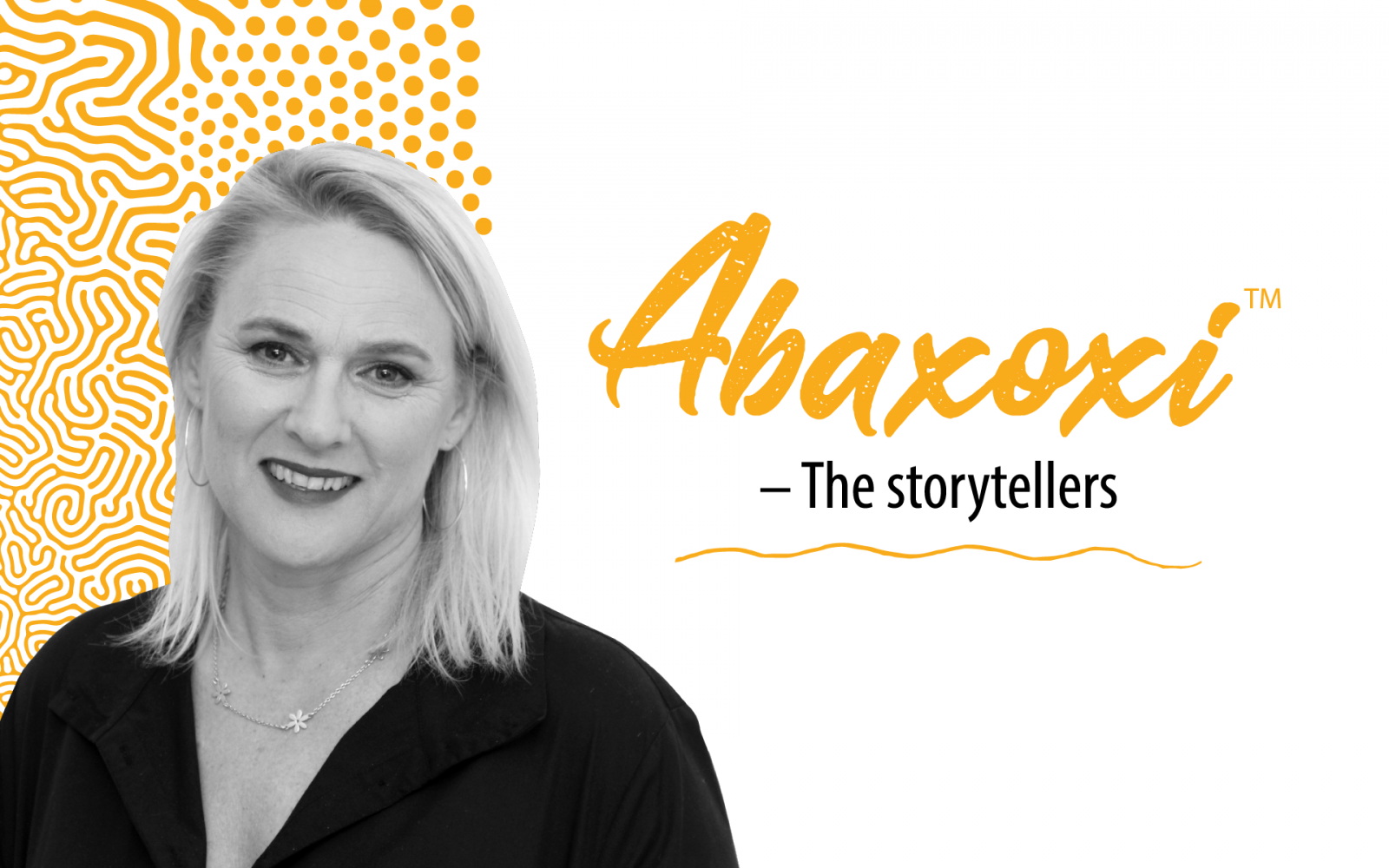I grew up in fear, and came home in joy and liberation

The most liberating experience for me, as an openly gay woman, took place right here in South Africa.
Looking back on life, love, and change over the decades.
The most liberating experience for me, as an openly gay woman, took place right here in South Africa.
My then-partner, a close friend of Archbishop Desmond Tutu, called him with the good news that she was in love.
“Who is the lucky person?” he asked. “It is a woman,” she said, laughing.
The Archbishop shouted out: “Oh, how wonderful! I am happy that you found love. Now, you must come to visit me with your partner so that I can bless you both.”
That truly was a moment of grace, and a fantastic testimony to gay liberation, to homecoming, and the consolidation of an epic life journey.
I grew up in a small town in Northern Germany. My parents had enthusiastically supported a system where gay people were shot or hanged – Nazi Germany.
Homosexuality was considered a perverse illness. Exclusionary social and religious norms and attitudes remained much the same in the following decades.
It was a criminal offence and would land me in prison if I was caught in flagrante. For some time, I had nightmares about being burnt as a gay witch.
For a girl aged 12, it was challenging to have my first crush on a schoolmate in an all-girl Catholic school in the early 1960s.
The innocence and sweetness of infatuation were paired with the terror of possible disgrace and abandonment. My stepmother’s bitter rejection felt like a knife thrust into my heart.
“This is sick,” she told me. “You need to be in psychiatric treatment.”
These early experiences shaped my identity in major ways. A split-off started: the outer persona as a performer, and the imprisoned inner persona – fantasising and secretly longing for women lovers.
I wanted to belong socially and did so through academic achievement. I had some affairs with guys and made efforts to be included in social circles, parties, and holidays.
After graduating as a clinical psychologist in the early 1970s, I worked at a Swiss university.
I was losing hope for love and career after hearing a much-applauded conference speaker boast about “treating the illness of homosexuality with successful electroshock conversion therapy”.
Then, in 1975, I arrived in New York City, by invitation of a woman psychologist colleague. We fell in love. Finally, at 27, I dared to come out. For the next 25 years, I lived happily gay in NYC.
The city vibrated with gay liberation, thanks to the international social liberation movements and passionately-engaged gay rights organisations.
Suppressed secret longings for love and belonging exploded into a frenzy. The lid came off a barrel of pent-up romantic and sexual desires.
Gay disco was hot, and so was Studio 54 and the Christopher Day Parade along conservative Fifth Avenue. Fire Island became a gay summer playground.
It was all deliriously sensual. I remember gay women’s tea dances in The Hamptons, hundreds of hungry eyes devouring each other. It was a childlike state of “going crazy in the candy store”.
But in the mid-1980s, the HIV and Aids epidemic brought many gay deaths and much reasoning. Caution settled in, and lasting partnerships were pursued.
As a result of being othered and shamed, while growing up, I had become defiant and self-reliant. I was drawn to “deviant others”, relating with ease to ostracised people.
Today I live the blessings of those choices. I understand the pull to acquire social status and affluence through work achievements. I have proved to the world, but most of all to myself, that I am worthy.
In my 20s, I formulated my vision of working in intercultural communication all over the world.
And so, I did – as a psychologist, and later in Silicon Valley as a pioneering high-tech executive, developing global network connectivity in the days before the Internet.
My business career led to my own international management consulting firm.
And my love life? I look back at a few short-lived relationships and four longer ones.
Life-phase partners were the best I could do, being so affected by early relational trauma, rejection, abandonment, and split-off.
Later in life, I could own my incessant search for love as a sometimes-ill-fated emotional pattern of child-like attraction, paired with pain and fear of the sure-to-follow ending.
In my mid-50s, after ending the business phase of life, I was invited to come and work in South Africa.
I shifted into restorative, intercultural, and intersectional dialogue and the entrepreneurial mentoring of women.
It flowed so effortlessly and passionately from the way I had lived and related. I was and am openly gay.
Today I feel such admiration for young gay men and women boldly coming out and being accepted so much more by their families.
Because of the groundwork laid by gay social activists here and the world over, integration, not trauma, is a possibility for many young gay people.
I feel at peace. I am open and light-hearted as a gay woman. I often speak about my journey during LGBTQ dialogue meetings, trusting that it will bring hope and joy to someone.




